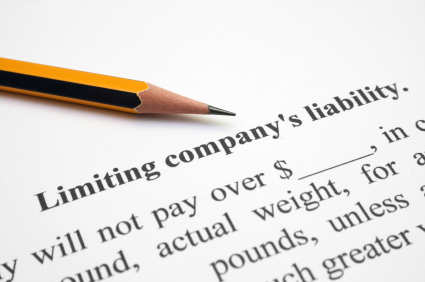Liability refers to the level of responsibility of a company’s owner or shareholders whether through capital or operations. When you think of liability in a company you may automatically think of Limited Liability Corporation or often referred to as an LLC. However, a company can also be established as an Unlimited Liability Corporation, or ULC.
What is the difference?
A limited liability corporation limits the liability of its shareholders. Members of an LLC face less risk in terms of legal obligation should the corporation dissolve or go bankrupt. The amount of personal resources used to cover the business debt is limited based on the amount they each invested in the company.
With an ULC there is a higher risk in the liability faced by shareholders or business owners because they are liable for every dime of the business debt, no matter how much of their personal wealth it takes to cover it. If the company were to go under the owner is faced with potentially losing everything they own and have worked hard for.
Typically, if there is an unlimited liability corporation formed, a general partnership is the most common type. All partners share complete liability for the corporation from the profits and losses to the management if it fails. The advantage to general partnerships in an unlimited liability situation is that you are not subject to corporate taxation which means profits are not taxed prior to payout; each is responsible for their own taxes.
Another advantage to forming an unlimited liability corporation is the ease to which they are able to secure additional funding. The bank sees an owner’s investment as less of a risk since essentially everything they own is on the line. The bank assumes the owner realizes that the personal responsibility of the loan is theirs and the loans will be repaid regardless if the business goes under.
Making the decision the form an LLC or ULC should be weighed against the personal investment of each partner. Be sure to weigh the pros and cons of each formation based on your product or service, business model and start up funding.

